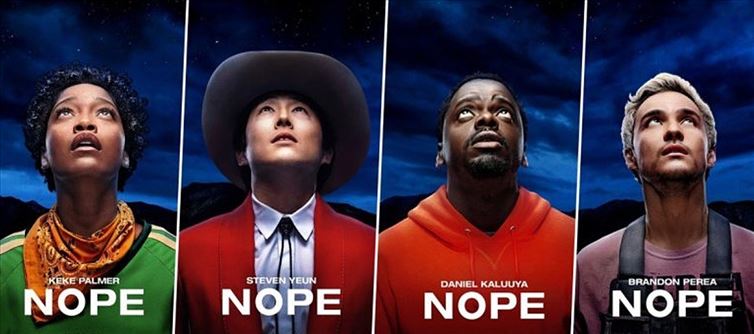
Nope is more of a traditional "monster feature" than anything else, in contrast to Peele's earlier movies. Its incorporation of sci-fi would be the other clear new distinction. The film's mystery and well-liked fan theories have been its biggest draws. Is there a hidden acronym in the phrase Nope? What's up with the balloon men who wave tubes? And is that... in the sky, a flying saucer? It would be silly to categorise this as "Peele's extraterrestrial film" right away. Even if that description is mostly true, Nope has a lot more going on conceptually and thematically.
When watching the movie for the first time, this offers a challenging conundrum. Enough said. If you've spent time speculating and forming your own assumptions, forget all you've learned. You won't be able to predict where this story is headed, which is to its great advantage. It's wise to approach it completely open-minded, only truly anticipating a monster feature. Nope shouldn't be seen as a downgrade just because it's a monster movie, as many of these movies carry just as much significance, especially in light of the fact that many associate jordan Peele with "elevated horror," a term that is already on its way out for being dismissive of the horror genre as a whole.




 click and follow Indiaherald WhatsApp channel
click and follow Indiaherald WhatsApp channel